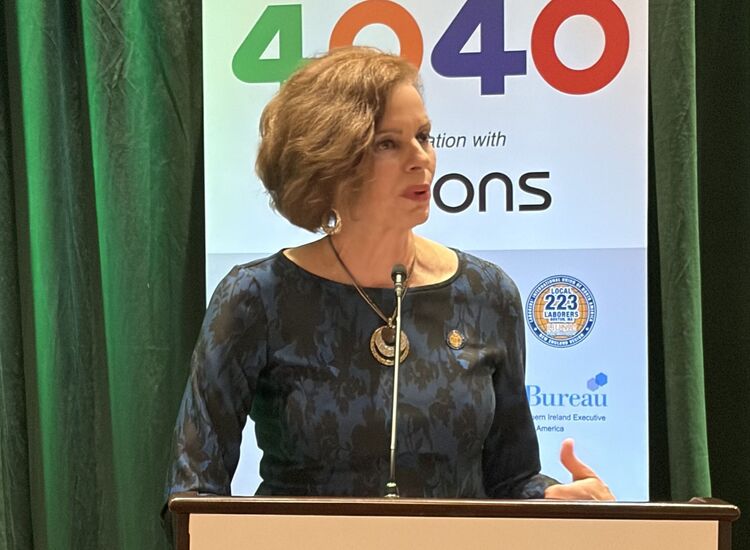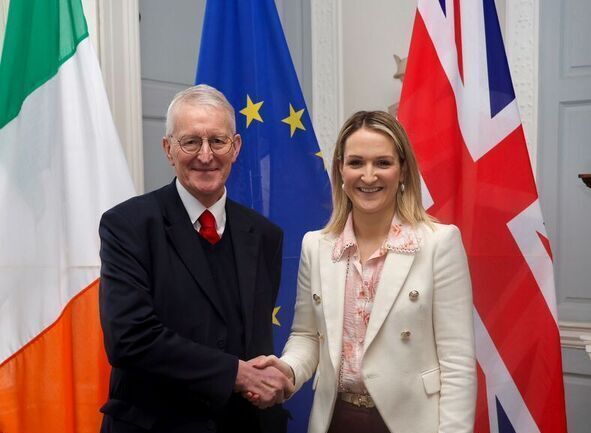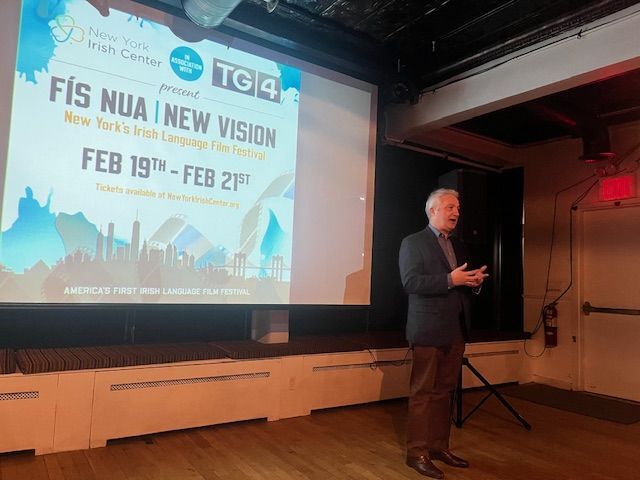By Peter McDermott
The new pope is the first Francis, the first non-European in 1,000 years, the first Latin American, and the first, more generally, from the developing or “Third World.” But the most intriguing for many is the fact that he’s the first Jesuit.
A couple of decades back, the Society of Jesus, as the order is formally known, was out of favor at the Vatican. The reason was the group’s identification with Liberation Theology, particularly in the Americas.
When lowly officials in the church in the United States were warning about the child sexual abuse scandal that would hit, Rome wasn’t listening, argues Pulitizer Prize-winning journalist Michael D’Antonio in his forthcoming book “Mortal Sins.” Instead, in the 1980s, the church’s energies were focused on rooting out theological dissent.
The Vatican moved in on the Jesuits when its superior general, the Rev. Pedro Arrupe, was incapacitated by a stroke in 1981.
The Rev. Michael O’Sullivan S.J., a lecturer at All Hallows College in Dublin, said the Society of Jesus was told for a long time that it wasn’t “ready” to run its own affairs and might never be.
“Now after just a few years, it’s providing the pope,” he said.
Although the former Cardinal Jorge Mario Bergoglio is described as a moderate, his elevation has buoyed the Limerick City-born O’Sullivan and other progressive members of the Society of Jesus.
“The choice of a Jesuit will give Jesuits a bit more confidence in themselves, in what they do," he said, “and perhaps they’ll feel they are being appreciated, that there’s value in what they do and in what they bring to the church’s mission in the world.”
O’Sullivan, who campaigned for human rights in Chile during the Pinochet dictatorship and was forced to leave there in the mid-1980s, said Francis’s impact has already been a positive one in Ireland. “His message has been hopeful, encouraging and uplifting,” he said in a telephone interview last Friday.
The Rev. Joseph Mulligan, who was born in New York and moved to the Midwest with his family when in his early teens, is another Jesuit with Latin American experience impressed with the new pontiff.
He said that it’s “very positive that Pope Francis has a friendly, pastoral way of relating to people, along with a good sense of humor.
“Let us pray for Pope Francis, as he himself requested shortly after being elected, and live out the gospel as best we can with the help of the Spirit,” he said. “We are all members of the Body of Christ.”
When still in his 20s, Mulligan served two years of a five-year sentence in a Michigan prison arising out an action in which draft cards were seized and destroyed. He was paroled in 1972 and in the following decade moved to live with the Jesuit community in Managua, the capital of Nicaragua. His friendship with a fellow Irish-American Jesuit from the Midwest, Jim Carney, was an influence.
As reportedly previously in the Echo, Mulligan has been campaigning for more information about Carney who was 58 when he disappeared in 1983 in Honduras, near the Nicaraguan border. Some credible eyewitness accounts suggest the World War II veteran was killed in custody by troops.
Now Pope Francis’s actions during the military dictatorship in Argentina have been receiving a lot of scrutiny. In one incident in particular, some allege that two fellow Jesuits who’d been kidnapped by the military were “delivered” to the generals. The priests worked with the poor in the slums, and both later said that they felt Bergoglio, the head or provincial of the Jesuits in Argentina, should have endorsed their work publicly.
“You could say he was too careful,” O’Sullivan said, but added, “It’s a high-stakes game working under a military dictatorship.
“These are judgment calls,” he said. “I’ve no doubt that his heart is in the right place.”
He said the pope has been criticized because he hasn’t talked enough about the years 1976 through 1983, when the Argentine junta was in power. But the Jesuit suggested it might be better that the church doesn’t reveal the good things that it did – hiding people, for instance -- because it doesn’t know if it might be called upon to do so again
O’Sullivan’s experience in Chile helps him understand the predicament that Bergoglio faced as Jesuit provincial and later as bishop. “It was a similar situation to what obtained in Argentina,” he said.
But there was one crucial difference between the two countries: the conservatism of the hierarchy in Argentina. “That would have made it more difficult for him,” he said. “We had a more progressive church in Chile.”
The church globally, he said, was aware of the clout the Polish hierarchy exerted in Europe because it held together.
“And the bishops are more protected if the regime sees you have a lot of people behind you,” he said.
O’Sullivan believes that in principle it’s right to take a stand, but he recalled two conversations that put the pressures Pope Francis I faced under the Argentine junta in more context.
The first was with his local bishop after he’d been summoned. “We shared with one another how we saw things,” remembered O’Sullivan, the co-editor with Bernadette Flanagan of a 2012-published book on spirituality. The bishop wanted him to be more cautious with regard to his advocacy for the poor and for human rights.
“I felt he could have taken a stronger stand,” he said.
“The bishop said to me: ‘I’m responsible for what happens.’
“The effect on other people had to be considered,” O’Sullivan said.
That was also at the heart of the second conversation. The provincial of the Jesuits in Chile told him that he was putting the entire Society of Jesus in the country in jeopardy.
“And he wasn’t a conservative man,” he said. But O’Sullivan’s immediate response was: “That seems over the top to me.”
When it became clear that O’Sullivan wasn’t going to be intimidated by the military, homes of his friends were torched and then lay leaders in the community were subjected to harassment. Eventually it was agreed that O’Sullivan would leave Chile.
He learned subsequently that different versions of the tactic were used by military dictatorships throughout Latin America. The Rev. Kevin O’Higgins, a Dublin-born Jesuit, told him that in Paraguay if a college professor took a stand or said something deemed subversive in class, individual students could be taken away by the military.
Of the “serious” allegations leveled at the new pope, Mulligan said: “I am only beginning to study this matter, so I do not yet have an opinion.”
However, he pointed to reports that the Argentine bishops have apologized for their failings during military rule and that one of the Jesuit priests at the center of the kidnapping controversy, the Rev. Francisco Jalics, had reconciled with Pope Francis some years ago. (The other, Orlando Yorio, is deceased.)
According to estimates, almost 900 religious died violently while struggling for justice in Latin America during the 1970s and 1980s. The highest profile cases took place in El Salvador: the murders of four Maryknoll nuns from the U.S. in 1980 and of six local Jesuits nine years later. The best-known martyr is Archbishop Óscar Romero, who was killed by the nation’s military on March 24, 1980.
Before his appointment as archbishop two years earlier, Romero’s reputation was that of a theological conservative, much like the new pope.
“With regard to church doctrine, particularly moral theology, he is conservative," Mulligan said of Francis I. “We could not have expected otherwise, given the cardinals who have been appointed in recent decades.”
But the native New Yorker is “grateful that we now have a pope from Latin America and one who has had close personal and pastoral contact with the poor and marginalized of Argentina. I am also encouraged by his statements about human rights and ‘social sin.’”
Mulligan said: “And his relatively simple life-style and eschewal of privileges is a good example for all of us.”









